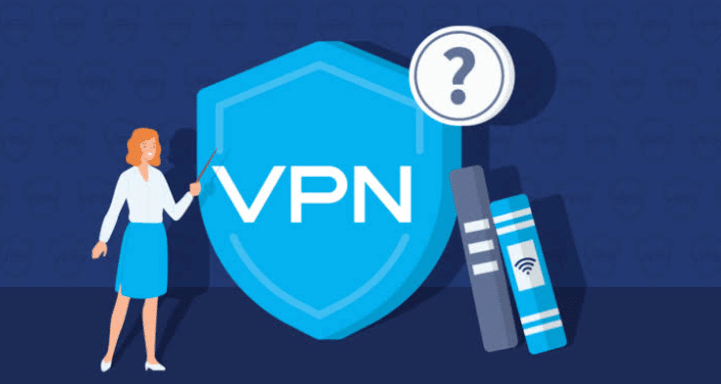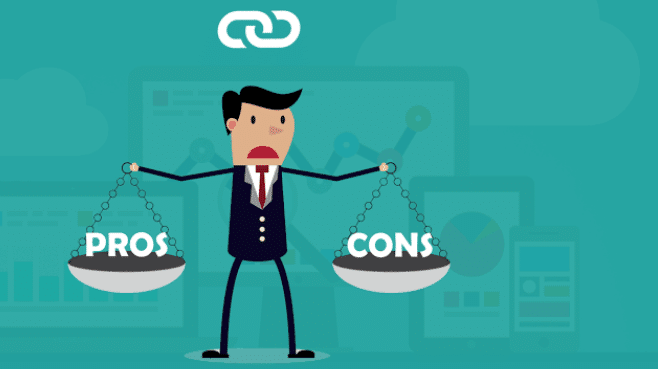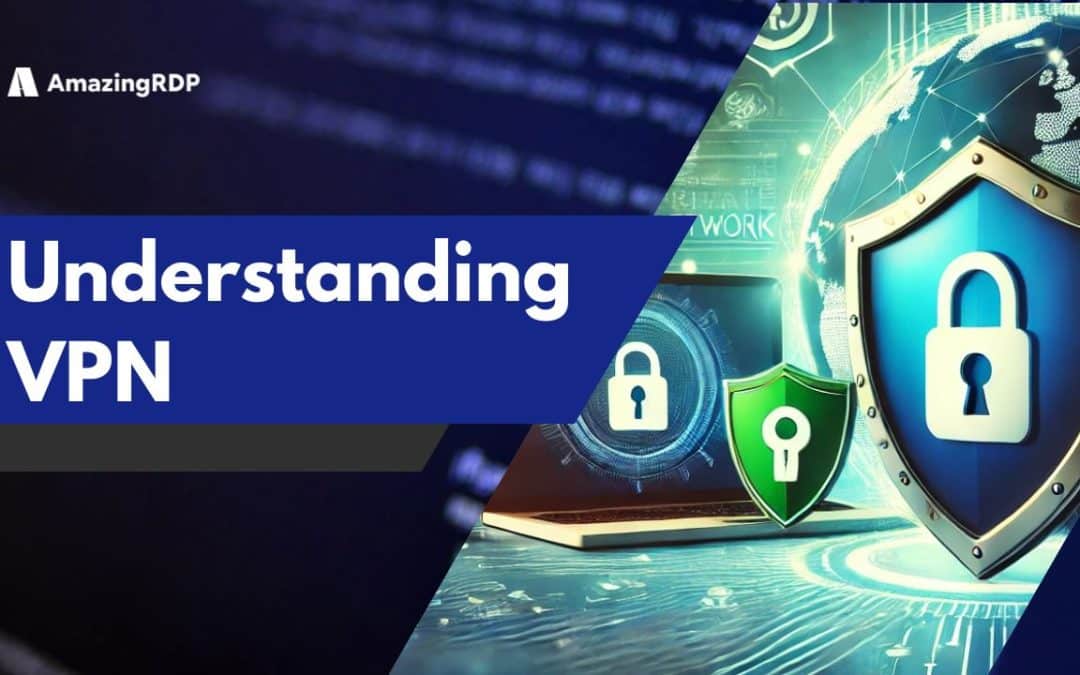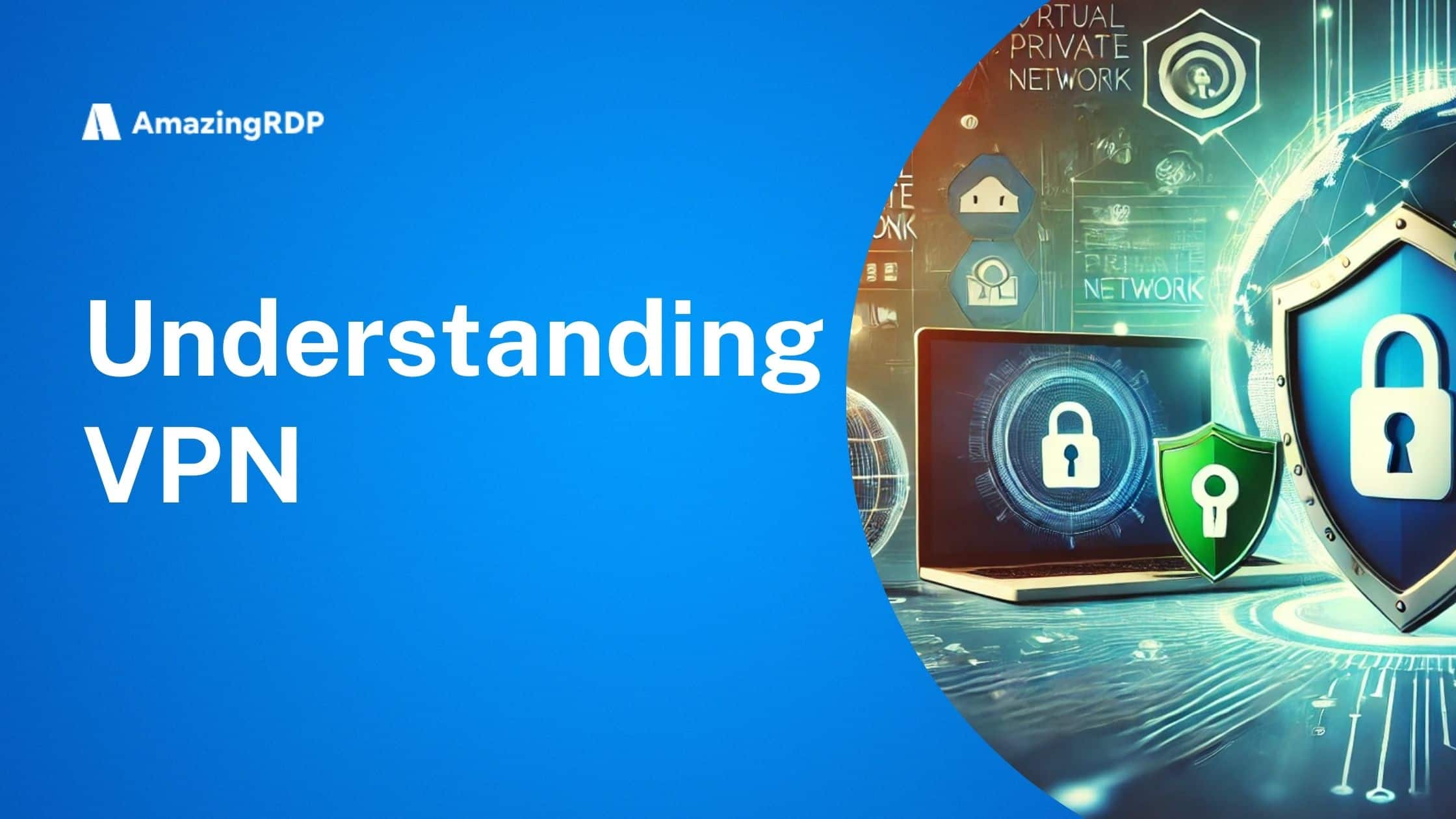What is VPN?
Let’s understand the magic of Virtual Private Network. The superhero of the internet world. VPN is a service that encrypts the connection between your device and the internet, keeping your online activity private and secure. With VPN, you can confidently use public networks without worrying about prying eyes. It’s like having your own private tunnel for your data and communications. Say goodbye to online snoops and hello to peace of mind with VPN.
To put it simply, a VPN is like a secret code that keeps your internet connection safe and your identity hidden. It’s like having your own personal bodyguard for your online activities!
How VPN functions?
Virtual Private Networks function through the redirection of an electronic device’s internet connection, utilizing a meticulously configured network of remote servers managed by the VPN service provider. Consequently, any information transmitted over a VPN connection undergoes encryption, ensuring its confidentiality. Moreover, this data is concealed behind a virtual IP address, thereby enabling the concealment of one’s identity and physical whereabouts.
Purpose of VPN
It is a technology that encrypts one’s internet connection, thereby enhancing its security and privacy. It effectively conceals one’s IP address, thereby safeguarding one’s online identity. Additionally, it enables one to access content that is restricted to certain regions by creating an impression that one is browsing from a different location.
Imagine a secret agent protecting your online activities, shielding you from prying eyes and ensuring your internet adventures remain private. That’s exactly what a VPN (Virtual Private Network) does! Instead of sending your precious internet traffic directly to your ISP, a VPN cleverly reroutes it through a secure VPN server. So, when your data finally ventures out into the vast online world, it appears to originate from the VPN server, not your personal device.
Without this digital bodyguard, your IP address , a unique identifier for your network, is exposed to the web like a neon sign. But fear not! A VPN swoops in like a superhero, disguising your IP address and acting as a middleman for your online escapades. It creates an impenetrable tunnel of encryption around your identity, ensuring that no one, not even your ISP, governments, hackers, or nosy neighbors, can snoop on your online activities.
With a VPN by your side, you can explore the internet with peace of mind, knowing that your privacy is safeguarded and your digital footprints are hidden. So, go ahead and surf the web with confidence, knowing that your online adventures are protected by the mighty shield of a VPN!
What does it hide?
VPNs work on the operating system level, so they reroute all your traffic through other servers. That means all of your online traffic, along with your physical location, stays hidden while you surf the web. When you access a site through a VPN server, the source of your connection is shown as one of the many VPN routers — called a proxy server — not your own. So the owners of the site, and anyone else trying to spy on you, cannot figure out who you are.
VPN protection is the closest you can get to true anonymity online without using the Tor network, which bounces your connection around a widely distributed network of volunteer relays, basically keeping your web activity in constant motion so nobody can focus on it. It do not use this (very slow) protocol, but they do offer sufficient — and essential — protection as you cruise through today’s deregulated and potentially hacker-lined cyber highways.
When it comes to online privacy solutions, a VPN, Tor, and web proxies are all options — but a Virtual Private Network offers the best balance of comprehensive security and speed.
Whether you want to stay safe on public Wi-Fi, disguise your location from content providers and advertisers, or protect yourself from identity theft, a Virtual Private Network will keep you private. It offers powerful protection, especially when combined with other cybersecurity tools, like a secure messaging app.
Suspect you’ve fallen victim to identity theft? It’s crucial to act quickly.Learn how to report identity theft to mitigate damages, then remove your personal information online, and take steps to prevent identity theft from happening again.

Keep Reading; Best Free built-in VPN Browser
How does encryption tunnel work?
Encryption is like a secret code that transforms your regular text into a scrambled mess that no one can understand. But don’t worry, there’s a special key that can unscramble it and turn it back into readable information. When you use a VPN, only your device and the VPN provider have this key, so anyone trying to snoop on you will just see a bunch of random characters.
Now, there are three main types of encryption: hashing, symmetric cryptography, and asymmetric cryptography. Each type has its own strengths and weaknesses, but they all have one goal: to make your data and metadata useless to anyone else.
What is double Virtual Private Network?
Double Virtual Private Networks are a distinguished breed of Private Network services that employ VPN server chaining to elegantly navigate internet traffic through two distinct VPN networks.
These are also known as doublehop Virtual Private Network and multihop Virtual Private Network, are designed to encrypt network data twice, thereby providing an unparalleled level of privacy and security for your connection.
Benefits
- Unlock the Power of Streaming: Don’t let geographical restrictions limit your entertainment options. Imagine being able to stream your favorite shows and movies from anywhere in the world. With a VPN, this dream becomes a reality.
By simply changing your location on your iPhone or any other device, you can bypass content restrictions and gain access to the content you love. Say goodbye to missing out on your favorite shows while you’re abroad.
- Break Free from Content Blocks: We’ve all experienced the frustration of being unable to access certain websites due to restrictions imposed by schools, libraries, or companies. But why should these limitations hold us back? With the help of a VPN, you can effortlessly bypass these content blocks. The encrypted connection provided by the VPN will tunnel right through these restrictions, allowing you to access any website you desire. Say goodbye to limitations and embrace the freedom to explore the internet without boundaries.
- Escape Government Censorship: In some parts of the world, governments go to great lengths to control the flow of information. But you don’t have to be a victim of censorship. A VPN can be your shield against government restrictions. By hiding your real location and encrypting your online traffic, you can navigate the internet freely and without fear of reprisal. Take back your right to access information and express yourself without limitations.
-
Fight Back Against Price Discrimination
Have you ever felt like you’re being unfairly charged based on your location? Price discrimination is a common practice that can hit you hard in the wallet.
Some businesses intentionally display higher prices to users in regions with a higher cost of living. But with a VPN, you can level the playing field. By masking your true location, you can ensure that you’re not being taken advantage of. Don’t let businesses exploit your location for their gain. Take control of your purchasing power.
-
Protect Your Privacy
In today’s digital age, privacy is a precious commodity. Don’t let yourself be tracked by hackers, cybercriminals, corporations, the government, or even your own internet service provider (ISP).
With a VPN, you can safeguard your online activities and keep your personal information out of the wrong hands. Say no to repression, targeting, and discrimination. Embrace the freedom to browse the internet without fear, knowing that your privacy is protected.
Drawbacks
- Potentially slower speeds: Your web traffic goes through more steps than usual when connected via VPN, so there could be a perceptible slowdown. However, recent VPNs have optimized speed and performance, so streaming Netflix and gaming is always smooth. If your VPN is slow, check out our tricks to speed up your VPN connection.
- QoS challenges: QoS (quality of service) describes the performance of a service or network. VPNs do not yet have a standard in place to gauge and report such measurements. With no metrics to analyze, you need to rely on professional reviews and word-of-mouth to learn what’s most reliable.
- VPN blocks: Some businesses are getting wise to the fact that VPNs give their users carte blanche to access content. To fight back, companies are beginning to block access from known VPN IP addresses. Not to be easily defeated, VPNs can simply turn on new IP addresses to trick them again.
- No cookie protection: While VPN protection keeps you private and encrypted, it’s not possible for a VPN to block cookies, some of which are necessary to make sites work properly. Tracking cookies can still be stored in your browser and identify who you are. You can delete tracking cookies or use a private browser, like Avast Secure Browser, to help prevent web tracking.
-
Not total privacy
While a VPN blocks your ISP, governments, hackers, and other snoops, the VPN provider itself can see your internet activity if they want. That’s why it’s so important to choose a trustworthy provider that doesn’t keep logs of your internet habits.

KEEP READING; Our Residential RDP PLANS
For more updates follow us on Facebook, Twitter ,Instagram .


